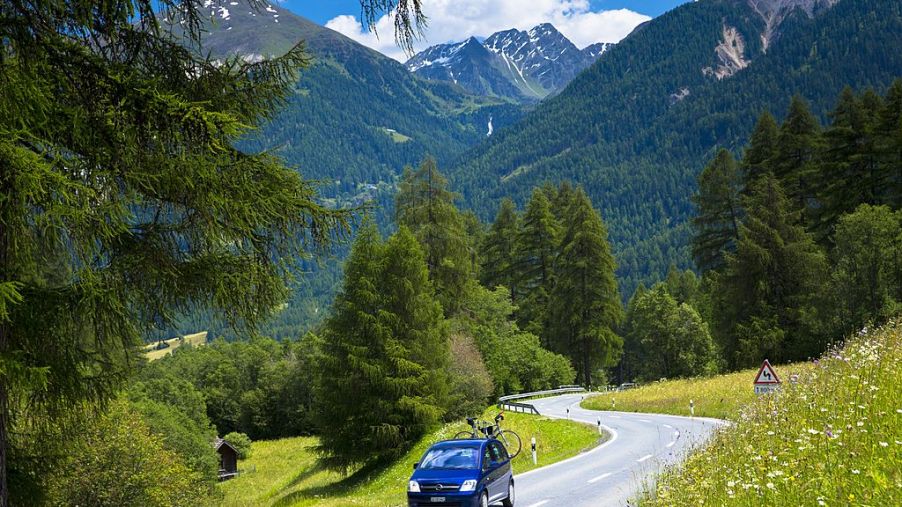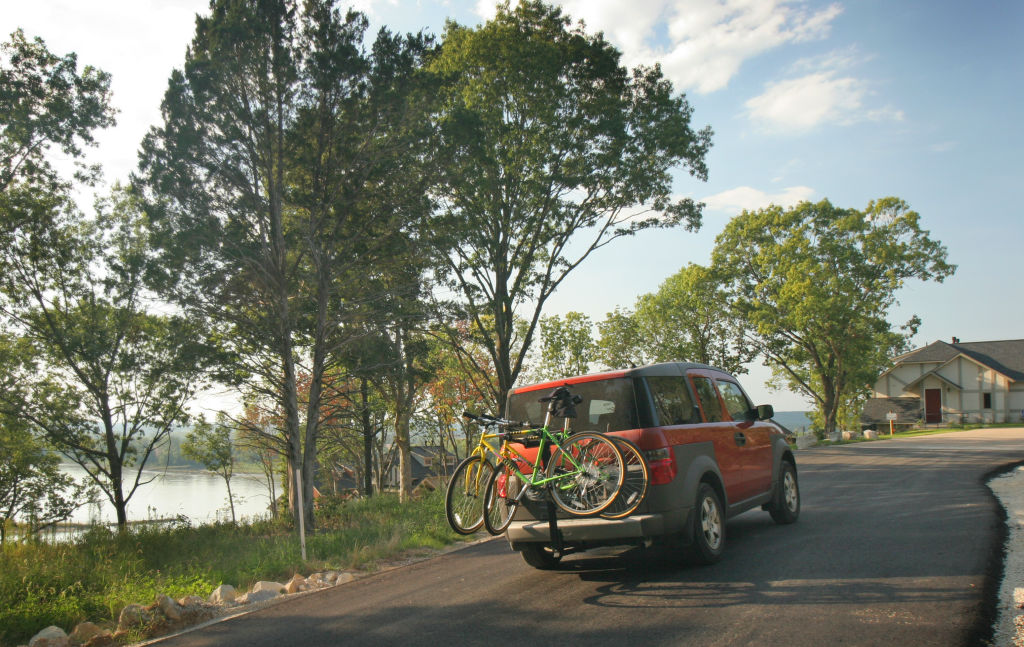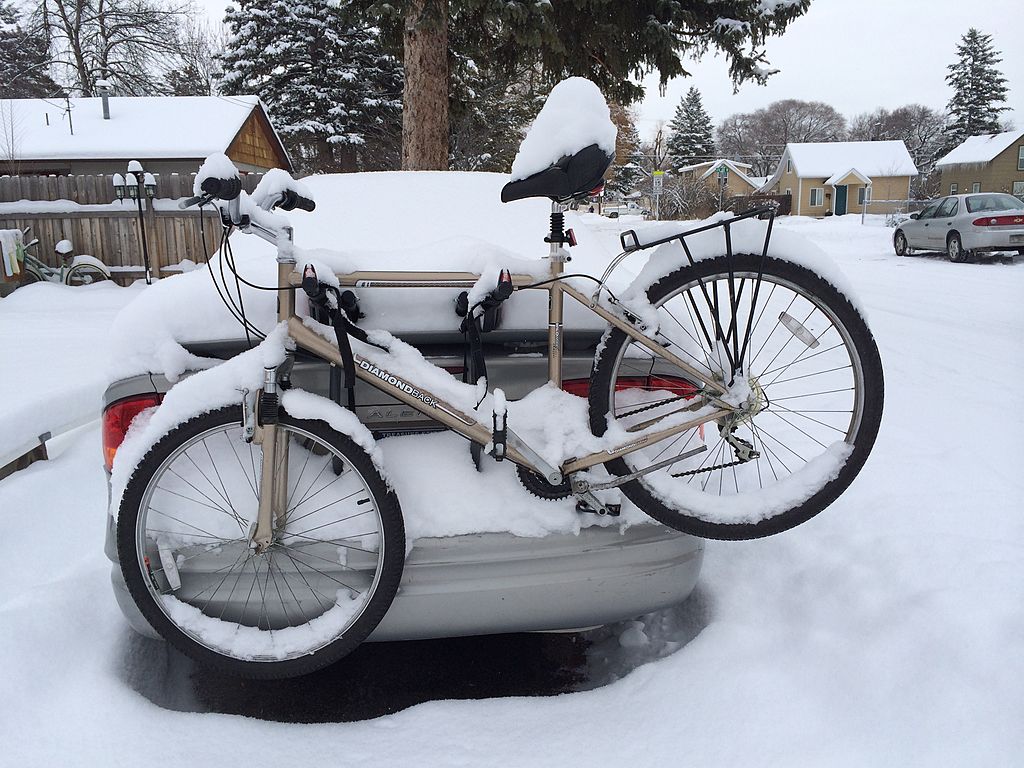
Do Bike Racks Actually Ruin Your Cars Fuel Economy?
If you’ve ever seen a car or SUV with a roof-mounted bike rack, you’ve probably thought to yourself something along the lines of ‘wow, that’s probably not aerodynamic’ or by extension questioned how it affects the vehicle’s fuel economy. There are, of course, other ways to mount your bike to your car, such as on the back, that would seemingly have a lesser affect on the SUV’s gas mileage, but they would still stick up over the back of an typical sedan.
Roof racks versus hitch racks
If the name isn’t self-explanatory alone, a roof rack refers to a racks that mount on the top – or roof – of the car, usually along rails when available. Hitch racks are mounted to the back of your car, where a normal trailer hitch might go if you had one or where a tow-point is located. They are dramatically different placements for bikes and, as you’d expect, affect gas mileage very differently.
The aerodynamics of a car is part of what can improve – or decrease – a car’s fuel economy. The more aerodynamic a car is, the more fuel efficient a car is. How aerodynamic a car is is only one of the factors that plays into a car’s fuel efficiency, of course, but it is a leading player.

Here’s what Consumer Reports tested
Lucky for us, Consumer Reports did some pretty extensive testing to see how each type of bike rack would effect fuel economy, with and without the bikes, and here’s what they had to say.
They chose to complete the testing using a 2019 Nissan Altima as the sedan option and for the SUV option they selected a 2019 Toyota RAV4. They tested the fuel economy of both vehicles at 65mph. For people who leave their bike racks on even when not in use, Consumer Reports did the tests with and without bicycles.

According to the study done by Consumer Reports, the sedan’s fuel efficiency rating was greatly impacted. This was conclusive for having the roof rack and hitch rack, both empty and with two bicycles mounted.
The SUV didn’t see as large of an impact with the hitch rack, which makes sense because for the most part the bicycles were not higher than the rear-roof line of the SUV. The roof racks decreased fuel efficiency of the RAV4, but not as severely as it did for the sedan.
Based on the finding of the study, it’s clear that if you don’t want to decrease your fuel economy, regardless of what type of car you drive you should option for a hitch mount-style of rack. They are also easier for most people to get bikes in and off of, and are all-around a better option.


